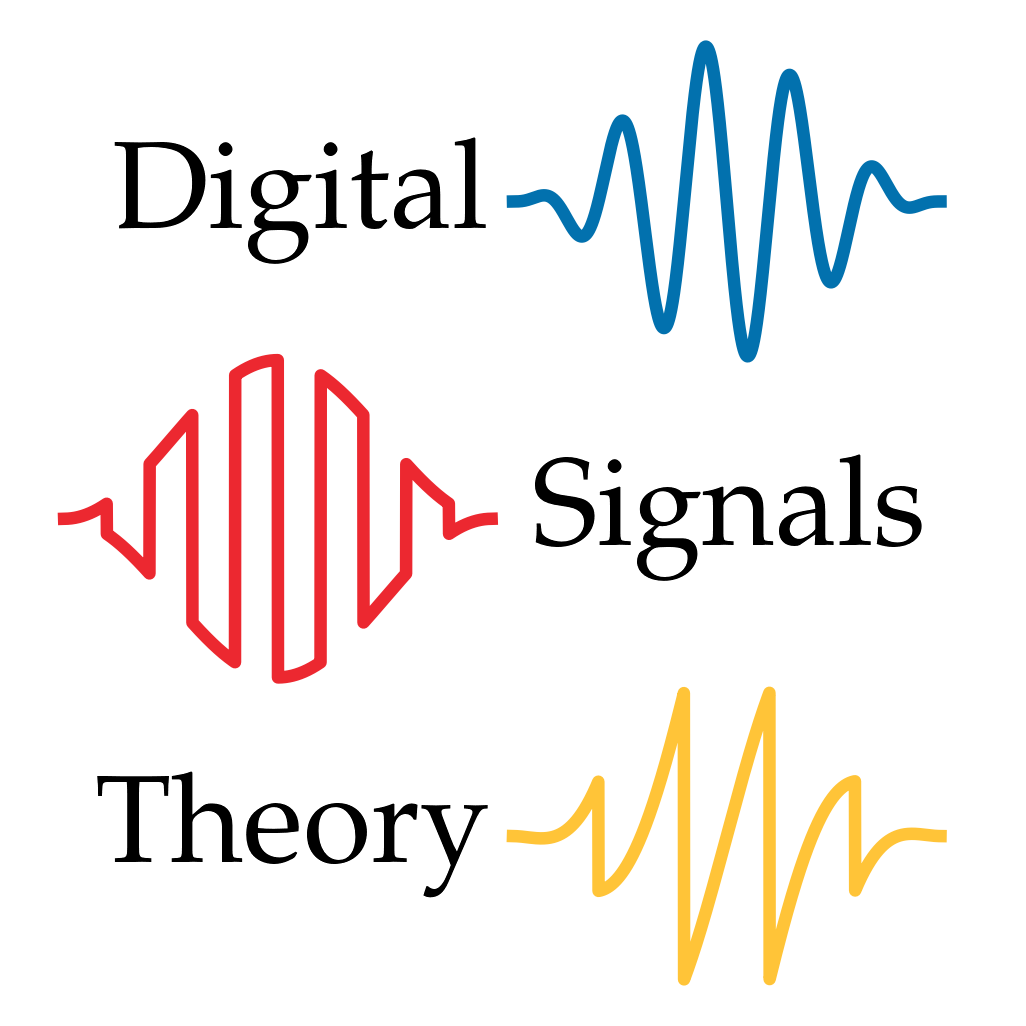Exercises
4.6. Exercises#
Exercise 4.1
How many complex numbers \(z\) are there, such that:
\(z^2 = 1\)?
\(z^2 = -1\)?
\(z^3 = 1\)?
Exercise 4.2
For each pair of numbers below, compute the sum \(z+w\) and product \(z\cdot w\). Check your results with Python code.
\(z=\mathsf{j}, w= 1/2 + \mathsf{j}\)
\(z=2 + 3\mathsf{j}, w= 3 - 2\mathsf{j}\)
\(z=e^{\mathsf{j}\cdot \pi}, w = e^{-3\mathsf{j}\cdot \pi/2}\)
Exercise 4.3
What are the complex conjugates of the following numbers:
\(z = 1 + 2\mathsf{j}\)?
\(z=3\)?
\(z = 3e^{\mathsf{j}\cdot \pi}\)?
\(z = 3e^{\mathsf{j}\cdot \pi/2}\)?
Exercise 4.4
Let \(z = e^{\mathsf{j}\cdot \pi/3}\), and consider the sequence generated by raising it to successive powers: \(z^0, z^1, z^2, \dots, z^n, \dots\)
What is the smallest power \(n>1\) that satisfies \(z^n = z\)?
If we take \(f_s = 100\), can you find a frequency \(f > 0\) such that \(\cos\left(2\pi \cdot f \cdot n / f_s\right) = \mathsf{Re}\left[z^n\right]\) (the real part of \(z^n\)) for all \(n\)?
